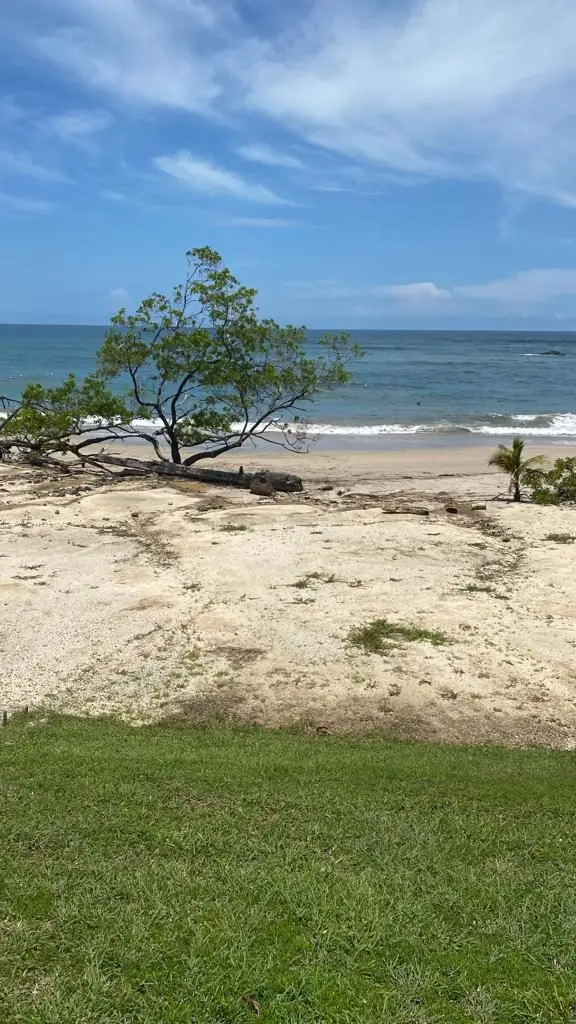Owning property in Costa Rica: ☎️ What types of property ownership are there?
Can foreigners own property in Costa Rica? Yes they can! As a foreigner, you don’t even need to be a resident to own real estate in Costa Rica. You should know, however, that there are different types of land ownership. You can choose which one serves you best. In this article, I cover several ways to own property in Costa Rica. The Guanacaste province has the country’s best beaches and is an excellent place to invest in Costa Rica with property ownership. As a property owner, you can use and enjoy your land, improve it, transform it, mortgage, and sell it. In other articles, I have covered that due diligence must be done, before any real estate transactions are done. For more information, I recommend reading my article, on buying property in Costa Rica. So now, it´s only logical that I give you some insights, as an attorney, on how you can own real estate in in Costa Rica as an ex-pat. I will even give you some insights on life estates, a refreshing way to avoid probate procedures.
Foreign investment is welcome in Costa Rica. As stated, you don’t need residency or citizenship to purchase property in our country. All you need is your passport for valid identification purposes. So if you are looking for a vacation home to rent or for personal enjoyment, we will gladly help you purchase your property. Costa Rica is an excellent country for retirees, investors, and expats.
Personal land ownership in Costa Rica:
This is the best option for ex-pats to own land in Costa Rica. When you buy the property, you must ask the notary public to place it in your personal name. This means that the property will be registered in your personal name as the property owner. You will get your title once it´s duly registered, stating the property is yours. The Public Registry of Costa Rica issues this title.
Owning property in Costa Rica, in your name, has many benefits. First, it will be transferred securely to your heirs upon death, per your last will. I think this is a very secure way of property ownership in Costa Rica, and I discourage using corporations as holding companies. Own the property in your name; you will get your title and legal security.
Owning property in Costa Rica through co-ownership:
This is a good option if you are a married couple or wish to marry in Costa Rica. If you want to buy land or own a home, co-ownership is the best way to do this. Both of you will be land owners in your name. However, your ownership rights are not localized, so you own the “ideal property”: the property is undivided, and both of you own it, but as a whole.
Co-ownership has many benefits, especially if your marriage ends in divorce. In that case, you don´t have to ask the judge, through lengthy procedures, to divide the marital asset between the both of you. You already did it! Both of you own 50% of the land. All you need to do is file an action to have the judge “localize your right,” and it´s done. If the property is indivisible, you can request a public auction to have it sold, and each of you gets 50% of the proceeds.

Owning property in Costa Rica through a corporation:
An interesting option is to create a corporation. However, if you buy a property through a corporation, you are not the property owner, but rather the corporation is. This is something to consider, since you can own a home or real estate property in Costa Rica in your name as stated above.
However, having a corporation has its benefits. You can avoid probate procedures by simply endorsing shares to your heirs when you wish. The corporation is not liable for what you do personally, which is also a plus. However, corporations should be used to operate a business, not to own your assets, which should be placed in your name. To own a home in Costa Rica, as a couple, but in a corporation, is a big no-no in my book. It´s best to own real estate in co-ownership. In the case of a divorce, you will thank me.

Can foreigners own property in Costa Rica though a trust?
An interesting way to own a condo in the beach, is through a real estate or property trust. When the development is established in the restricted area, the land can only be enjoyed through a concession. The idea is to request the concession in the name of a corporation, and fully develop the land for housing. People usually buy special titles on the land, given by the corporate structure that has the concession. This is a way to own beachfront land in Costa Rica.
Can US citizens own property in Costa Rica in any province?
You can own land in Costa Rica in any province, be it San Jose, Alajuela, Heredia, Cartago, Guanacaste, Puntarenas or Limon. Costa Rica has the advantage of both the Pacific and Atlantic Ocean and mountain areas. There is definitely something in Costa Rica, for every personal taste. You don’t even have to be in the country to purchase property in Costa Rica. We can set everything up for you, with the use of corporations and powers of attorney.
Life Estates: an interesting option of property ownership:
A life estate is what we call an “usufructo” in Spanish. It comes from the Latin “usufructus,” a combination of the words: use and fruit. A life estate is a right to enjoy, use, and perceive the “fruits” of an asset. If you have the usufruct of a property, you can use it, enjoy it, live on it, and perceive its civil fruits: such as money from its rents. If you have the usufruct of a property, then you can rent it and perceive the “fruits” of this contract, which would be the rent.
When you wish to pass the property on to your heirs in your lifetime, this is an exciting figure you should consider. The property is transferred to them, but it will remain with an encumbrance in the Public Registry: a right of usufruct to you. This right can be stipulated for the remainder of your lifetime. So basically, your heirs own the property, but for the rest of your lifetime, you can use it, live on it, rent it, and enjoy it. As usual, a public notary is necessary for this, one that you trust to do this properly. You should always have everything double-checked, by an attorney at law in Costa Rica.
Conclusions:
Residency is not required to purchase properties. Hence, foreigners can buy and own property in Costa Rica, with the use of their passport, as a source of identification. However, residency does have benefits, and real estate investment is a way to procure resident status. Costa Rica is a beautiful place to invest. Contact me to further advise you on purchasing your real estate property.
Dr. Christopher Pirie Gil.